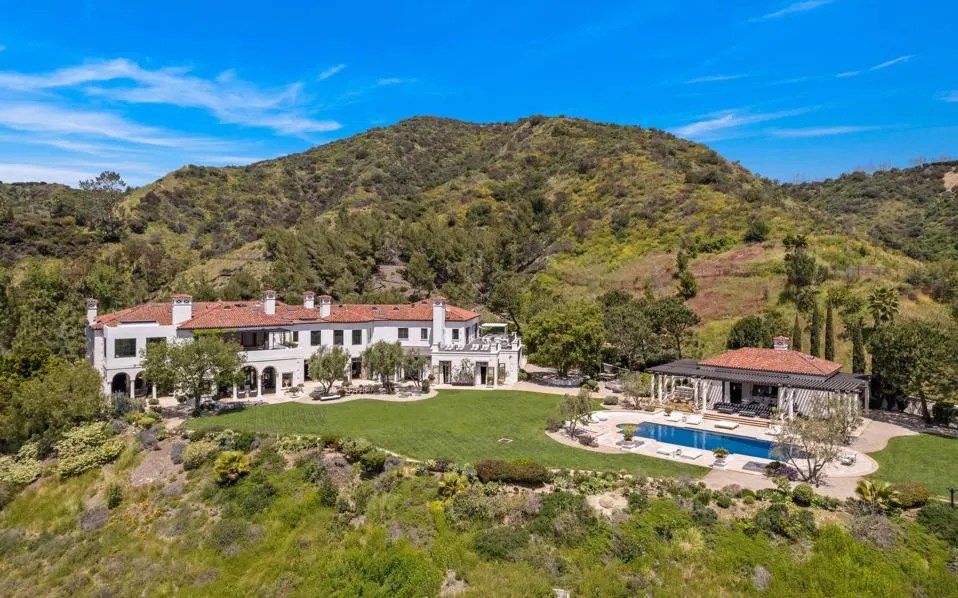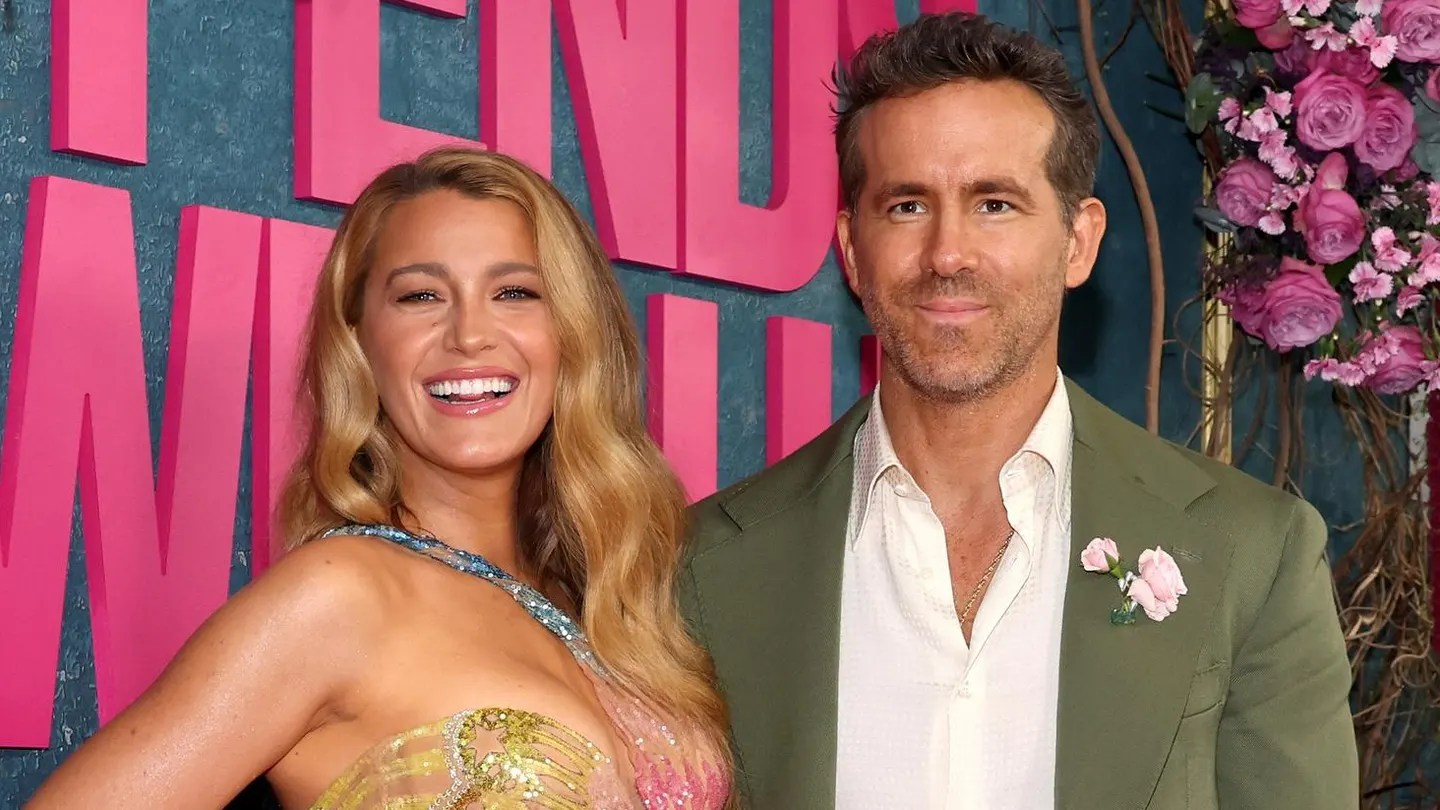Drake filed a lawsuit Wednesday against Universal Music Group, the record label that represents both himself and rapper Kendrick Lamar, accusing the label of defamation for releasing and promoting Lamar’s diss track “Not Like Us,” which Drake says promotes the “false and malicious narrative” that he is a pedophile, which he denies.

Key Facts
- Drake filed the lawsuit in New York federal court accusing the record label—not Lamar—of falsely promoting the ideas that Drake has committed acts of pedophilia and sex trafficking, and engages in acts that would require him to register as a sex offender, all of which the rapper denies.
- UMG called Drake’s claims “untrue” in a statement to Forbes, adding: “The notion that we would seek to harm the reputation of any artist—let alone Drake—is illogical,” stating the label does not “engage in defamation—against any individual.”
- Drake says the label knew these accusations were false and released and promoted “Not Like Us”—a chart-topping, Grammy-nominated hit released in May at the peak of Drake’s feud with Lamar—because “it would profit from damaging Drake’s reputation.”
- In the lawsuit, Drake says the cover art and video for “Not Like Us” include “images associated with sex trafficking,” including an image of his Toronto home edited with icons used by law enforcement to note the presence of sex offenders.
- The lawsuit also points to various lyrics in “Not Like Us” that appear to accuse Drake of pedophilia, including: “‘Certified Lover Boy’? Certified pedophiles,” “Tryna strike a chord and it’s probably A-Minor,” and “Say, Drake, I hear you like ‘em young.”
- Drake previously filed pre-lawsuit legal notices in Texas and New York courts in November claiming he would have grounds to file a lawsuit, in response to which UMG called it “offensive and untrue” that the label would “do anything to undermine any of its artists.”
How did UMG respond?
UMG accused Drake of attempting to “weaponize the legal process to silence an artist’s creative expression and to seek damages from UMG for distributing that artist’s music.” The label vowed to “vigorously defend this litigation to protect our people and our reputation, as well as any artist who might directly or indirectly become a frivolous litigation target for having done nothing more than write a song.” The label’s statement acknowledged it has “invested massively in [Drake’s] music and our employees around the world have worked tirelessly for many years to help him achieve historic commercial and personal financial success,” and that Drake has “intentionally and successfully used UMG to distribute his music and poetry to engage in conventionally outrageous back-and-forth ‘rap battles’ to express his feelings about other artists.”
Why isn’t Drake suing Kendrick Lamar?
Lamar, who wrote, raps and stars in the video for “Not Like Us,” is not named as a defendant in Drake’s suit. Drake’s complaint states the lawsuit is “not about the artist who created ‘Not Like Us’” and is instead “entirely about UMG, the music company that decided to publish, promote, exploit, and monetize allegations that it understood were not only false, but dangerous.” In Drake’s November court filing, the rapper says he sought to hold discussions with UMG before taking his claims to court, but alleged the label refused to negotiate and instead “insisted that Drake should initiate legal action against [Lamar]rather than UMG.”
What did Drake allege about UMG’s promotion of “Not Like Us”?
The rapper accused the label of scheming to “create a viral hit” out of “Not Like Us.” Drake alleges UMG “conspired with and paid currently unknown parties to use ‘bots’” to artificially inflate streams of the song on Spotify. Drake accused the label of “paying social media influencers to promote and endorse the Recording and Video,” including the popular NFR Podcast, and of “conferring financial benefits” to Apple, which he alleges used its digital voice assistant Siri to misdirect users requesting other songs to instead stream “Not Like Us.” Drake also accuses UMG of removing copyright restrictions to “Not Like Us” on YouTube and Twitch, a step the lawsuit calls “unprecedented,” that allowed the song to spread “as broadly as possible and as quickly as possible,” citing popular streamers, including Kai Cenat, who posted videos of themselves reacting to “Not Like Us.” The suit also claims UMG paid radio stations to increase spins of the song. He accused UMG of leveraging its stake in Complex Networks to promote the song, citing at least 50 articles written about “Not Like Us” on Complex’s website since May.
What else did Drake allege?
Drake’s complaint opens with an anecdote about a trespassing incident on his Toronto home by an “armed group of assailants” days after “Not Like Us” was released. The complaint says Drake was home during the alleged incident, that one person yelled “Fuck Drake” and someone “began to open fire,” striking Drake’s front door and his security guard (Police confirmed at the time a security guard was shot). Drake argued the song caused him “substantial harm” because “members of the public have taken the allegations in the Defamatory Material to be statements of fact,” citing numerous alleged trespassing incidents and social media posts. The suit accuses UMG of harassment, stating its release and promotion of “Not Like Us” caused Drake “reasonable fear of physical harm.”
Key Background
“Not Like Us” was one of several diss tracks traded between Drake and Lamar between March and May, in which both rappers lobbed increasingly bizarre allegations at one another. Across his diss tracks, which also included “Euphoria” and “Meet the Grahams,” Lamar alleged Drake had fathered a secret child, which Drake denied, and alleged members of Drake’s team were working against him. Drake released songs including “Family Matters,” “Push Ups” and “Taylor Made Freestyle,” claiming he planted false information in hopes Lamar would use it in a song and accused Lamar of abusing his wife, an allegation the rapper has previously denied. The rappers’ feud blew up last year after Lamar took aim at Drake and J. Cole on his song “Like That,” in which he jabbed the rappers for claiming on an older song the three of them were the “big three” of rap. Lamar was largely declared the winner of the feud by fans and media outlets, and continued his “victory lap” with a star-studded Los Angeles show in June, a surprise release of album “GNX” in December and an upcoming Super Bowl halftime show performance. “Not Like Us” was the biggest hit of the feud, reaching No. 1 on the Billboard Hot 100, receiving five Grammy nominations and garnering more than one billion streams on Spotify.
This story was originally published on forbes.com.
Look back on the week that was with hand-picked articles from Australia and around the world. Sign up to the Forbes Australia newsletter here or become a member here.


